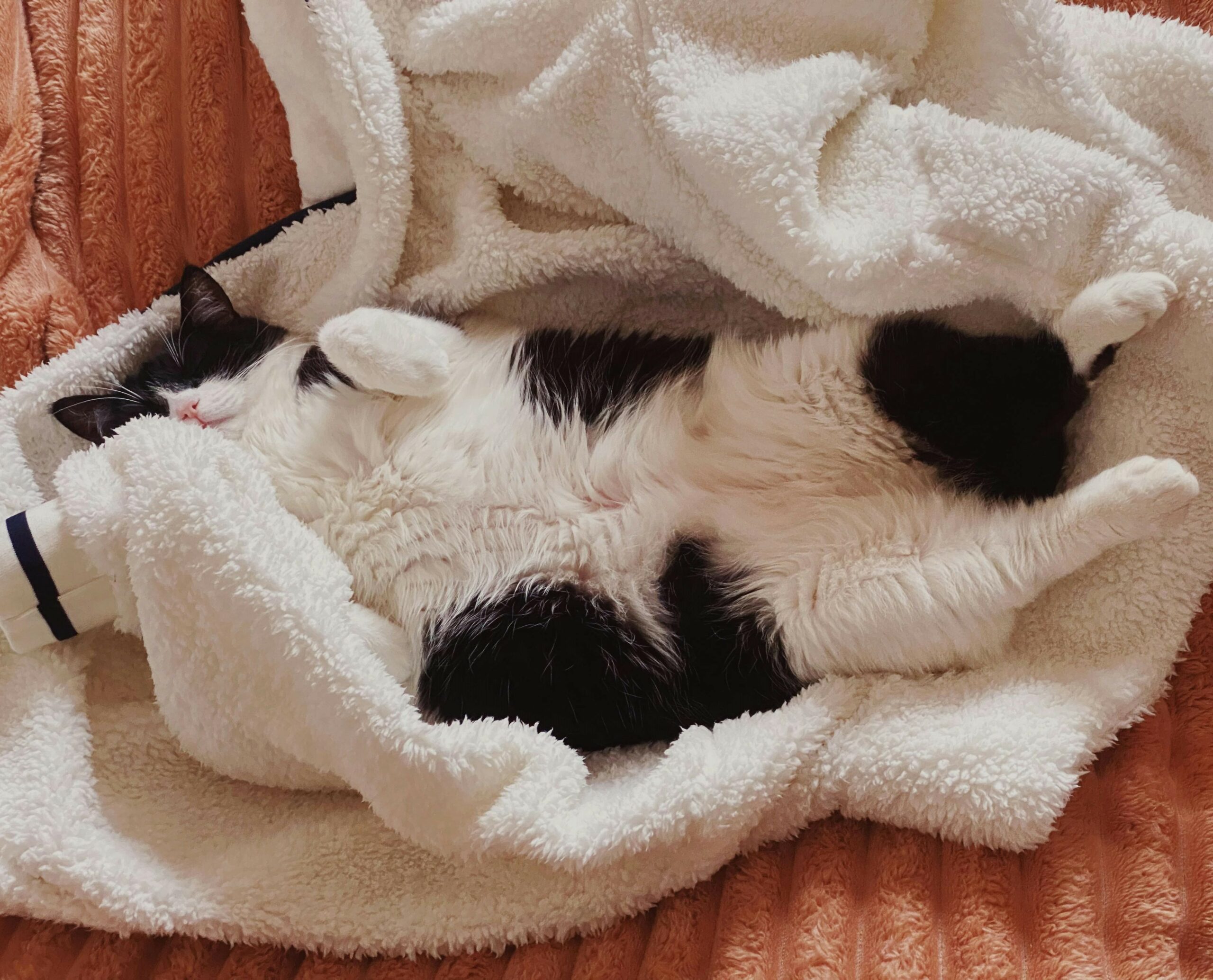
Owning a cat comes with responsibilities, including ensuring their health and well-being. One important step you can take as a pet owner in Singapore is to neuter your cat. This procedure offers a range of health benefits for your feline friend while also addressing community concerns about stray populations. Let’s explore the many reasons why neutering is vital for your cat’s health and the overall ecosystem.
Why Should You Neuter Your Cat?
Neutering your cat involves removing their reproductive organs, rendering them unable to reproduce. For male cats, this is referred to as castration, while for female cats, it’s called spaying. In Singapore, where the stray cat population is a significant concern, neutering is a recommended step supported by organizations like the Cat Welfare Society.
Health Benefits of Neutering
1. Prevents Reproductive-Related Illnesses
Neutering drastically reduces the risk of serious health issues. Female cats are less likely to develop uterine infections or breast cancer, which is fatal in about 90% of feline cases. Similarly, male cats benefit from a lower likelihood of testicular cancer and prostate diseases.
2. Increases Life Expectancy
Sterilized cats tend to live longer and healthier lives. Without the stress of hormonal surges and mating-related fights, they avoid injuries and infections that are common in non-neutered cats. Studies have shown that neutered cats can live up to 2–3 years longer than their unaltered counterparts.
3. Improves Weight and Metabolism Management
While neutered cats may experience changes in metabolism, these can be easily managed with a balanced diet and regular exercise. Sterilized cats often exhibit more stable appetites, making it easier for pet owners to maintain their feline’s ideal weight.
Behavioral Benefits of Neutering
1. Reduces Aggressive Behavior
Male cats are less likely to engage in territorial fights after neutering, as their testosterone levels decrease. This leads to fewer injuries and reduces the chances of contracting feline immunodeficiency virus (FIV), which spreads through cat bites.
2. Stops Spraying and Marking
Unneutered male cats spray urine to mark their territory, a behavior driven by hormones. Neutering significantly decreases or eliminates this unpleasant habit, keeping your home odor-free.
3. Decreases Wandering
Non-neutered cats often roam far from home in search of a mate, putting them at risk of traffic accidents or getting lost. Sterilized cats are more likely to stay close to home, ensuring their safety.
Social and Environmental Impact
1. Controlling Singapore’s Stray Cat Population
In Singapore, the overpopulation of stray cats is a pressing issue. Neutering your cat contributes to the Trap-Neuter-Return-Manage (TNRM) initiative, which aims to humanely manage stray cat populations. This prevents unwanted litters and reduces the strain on local shelters.
2. Minimizing Noise Pollution
Mating calls from unneutered cats can disturb the peace, especially in dense urban areas like HDB estates. Neutering eliminates these vocalizations, promoting harmony in the community.
Debunking Myths About Neutering
1. Myth: Neutered Cats Become Lazy and Overweight
Truth: While neutering may slightly lower metabolism, obesity is typically a result of overfeeding and lack of exercise. By controlling your cat’s diet and ensuring regular playtime, you can keep them fit and active.
2. Myth: Neutering is Cruel
Truth: The procedure is performed under anesthesia by trained veterinarians, ensuring a pain-free process. Recovery is usually quick, with minimal discomfort for your pet.
3. Myth: Indoor Cats Don’t Need Neutering
Truth: Even indoor cats benefit from neutering. It reduces their risk of certain cancers and eliminates hormonal behaviors like aggression and spraying.
Neutering Your Cat in Singapore
Consultation with a Vet
Discuss your cat’s age, health, and vaccination history with a veterinarian to determine the ideal time for neutering. Most vets recommend neutering kittens between 4 to 6 months of age.Procedure and Recovery
The surgery is straightforward and typically performed as an outpatient procedure. Afterward, your cat may need a few days of rest. Follow your vet’s advice on post-surgery care, including limiting physical activity and monitoring the incision site.Cost of Neutering
In Singapore, neutering costs can vary between $150 and $400, depending on the clinic. Subsidized programs are also available through organizations like the SPCA and Cat Welfare Society for stray cats or pet owners in need.
How to Support Responsible Pet Ownership
In addition to neutering, responsible cat ownership includes:
- Regular Vet Visits: Keep up with vaccinations and check-ups to ensure your cat’s health.
- Microchipping: A microchip helps reunite you with your cat if they go missing.
- Proper Nutrition: Provide high-quality food tailored to your cat’s needs.
Conclusion
Neutering your cat is a vital step toward improving their health, managing their behavior, and contributing to Singapore’s efforts to control the stray population. It’s a simple procedure with lifelong benefits for your pet and the community. Take the first step today—consult your veterinarian and make a positive difference for your cat and society.
References:
- Spaying and neutering – American Veterinary Medical Association
- Spay/Neuter Your Pet – American Society for the Prevention of Cruelty to Animals
- Aggression between cats – The Humane Society of the United States
- Why Spay/Neuter is Important – Humane Society International
- Sterilisation – Cat Welfare Society
- 2024 Guide: How Much Does It Cost To Visit A Vet – Gaia Vets
- Sterilisation Support – Cat Welfare Society
- SPCA Community Animal Clinic – SPCA Singapore






























